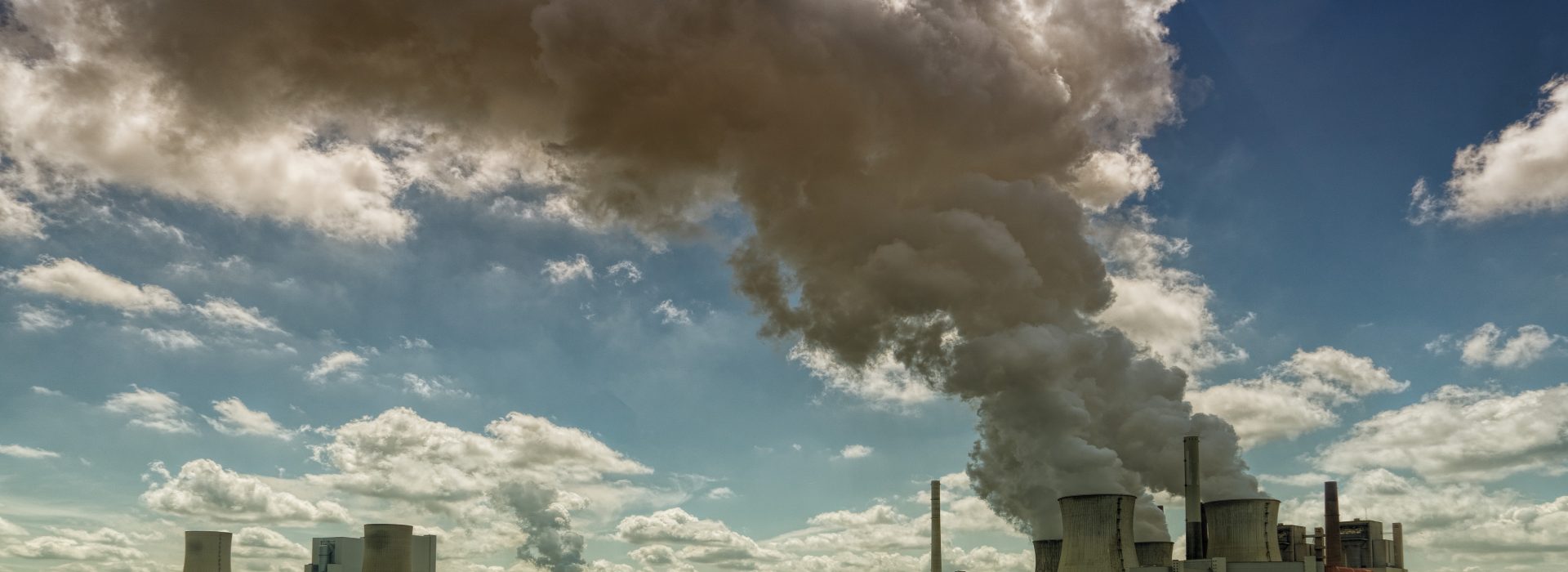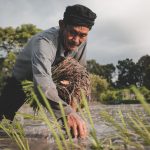In a thought-provoking video by Local Futures, renowned environmental activist and scholar Dr. Vandana Shiva shares her insights on the impact of industrial agriculture on our planet and society. The video, titled “Vandana Shiva on Industrial Agriculture,” presents a compelling argument against the globalization of agriculture.
The Ecological Disaster of Globalized Agriculture
According to Dr. Shiva, the globalization of agriculture is an ecological disaster. Historically, humans have consumed more than 7,000 plants, and even today, in India, more than a thousand crops are consumed. However, globalized agriculture cannot accommodate this diversity and, in its pursuit of monocultures, destroys it.
The False Efficiency of Industrial Agriculture
Dr. Shiva critiques the industrial model of agriculture, which is often touted as more productive and efficient. She argues that this perceived efficiency is a fallacy. It measures how few people are on the land without considering the increased energy requirements, chemical usage, and machinery involved. In essence, we are replacing human labor with “energy slaves,” leading to an increase in the use of fossil fuels in agriculture.
Eating Oil, Not Food
In a striking statement, Dr. Shiva points out that we are now “eating oil, not food.” Industrialized agriculture uses fossil fuels at every step, from producing fertilizers to running machines, processing food, and transporting it over long distances. This dependence on fossil fuels in our food systems is unsustainable and a threat to our planet.
The Need for Localization
Dr. Shiva emphasizes that localization in agriculture and food production is not just desirable but necessary. Globalized food systems demand more resources than our planet can provide. She also criticizes food laws introduced in the name of consumer safety, which often result in the production of hazardous food filled with additives and chemicals.
Criminalizing the Small, Deregulating the Big
Dr. Shiva points out a disturbing trend in global food laws: they often criminalize small producers and processors while deregulating giant agribusinesses. This approach threatens local food economies. In response, Dr. Shiva advocates for non-cooperation with laws that attempt to shut down local economies. She encourages the saving of seeds and the production of food in traditional ways.
The Role of Education
Dr. Shiva also touches upon the role of education in this context. She criticizes the current education system for primarily preparing students to be cogs in the industrial production system, rather than independent citizens capable of making decisions and contributing to their communities. She argues that the focus on disciplines like business administration, biotechnology, and information technology is limiting and does not equip students with a comprehensive understanding of the world.
Localization as a Survival Imperative
Dr. Shiva argues that creating alternatives for small farmers to be able to live in their local economies has become a survival imperative for the poor. Localization does not mean insularity, but it does mean having a sense of discrimination based on ecological assessments and cultural assessments about what should be sent out of our economy and what should be brought into our economy.
Food as Nourishment, Not a Commodity
Dr. Shiva emphasizes that food is not just a commodity; it is nourishment and culture. Diverse cultures of food can only be part of localized cultures of food. Localization of food is an imperative for the north and the south because anything that is grown globally for global trade will be grown unsustainably. The only systems that work sustainably are localized food systems.
Hope in Localized Food Systems
Despite the challenges, Dr. Shiva sees hope in localized food systems. She sees more people saying no to genetic engineering, more farmers saving their own seeds, and more citizens rejecting water privatization. She believes that the movement to rejuvenate the earth and local cultures and economies is much bigger than all the noisy bombings in the world.
Globalization: A Step Backwards
Dr. Shiva argues that globalization is not a step forward, but rather a step backward. It leads us back to the most primitive forms of capital accumulation and the gross aspects of colonialism and colonization, where land, forests, and rivers are appropriated. She asserts that this is not the future we should aspire to.
Local Economies: The Future of Sustainability
According to Dr. Shiva, the only economies in which people have a place and nature is protected are local economies. These economies have a small ecological footprint while embracing larger numbers in local communities. She emphasizes the need to transition from economies that are killing democracies to living democracies where people shape their world.
Living Democracies: People Shaping Their World
Dr. Shiva introduces the concept of living democracies, where people shape their world. She criticizes the current state of democracies, which can be bought with billions of dollars, as we witness in the United States today. In contrast, living democracies are where people have a say in shaping their world, and this is only possible in local economies.
Call to Action: Making the Transition Happen
Dr. Shiva ends her talk with a call to action. She urges us to make the transition to local living economies happen soon, before too much is destroyed. She expresses her hope that the efforts to redefine the economy and progress will start to shift our worldview, our patterns of consumption and production, and our ideas about what the economy is.
—
This blog post provides a detailed exploration of Dr. Vandana Shiva’s critique of industrial agriculture and her advocacy for localization and sustainable practices. Her insights serve as a powerful reminder of the need to rethink our current food systems and the importance of local, sustainable agriculture. Her call to action is a reminder that change is not only necessary but also possible, and it is up to us to make it happen.












